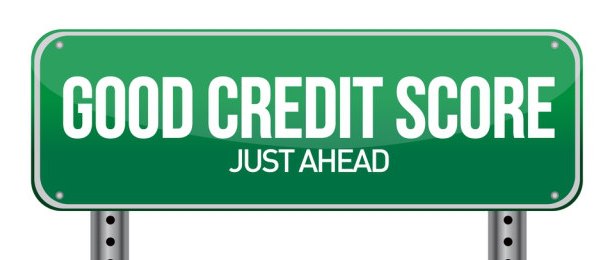As a Mortgage Broker I am often amazed at just how many people don’t understand how credit and credit reporting works. When you do what I do everyday, it seems so obvious, but when I think back to my 20’s when I didn’t understand credit, I can totally relate.
Don’t be too hard on yourself, you’re not alone and it’s never too late to understand and start to manage your credit more prudently. Not only does it take an unnecessary stress out of your life, but it will also give you the best chances of getting approved for any type of financing and doing so at the best rate.
Here are some tips:
Have Active Credit
Make sure you have active credit, whether it be credit cards, lines of credit, or loans. A common misconception is that no credit is good credit however this isn’t true as lenders base your viability as a client on your repayment history. If you have no credit history, it will be difficult to secure a mortgage with a co-signer or guarantor. The minimum a lender or mortgage insurer is looking for is 2 years credit history and they want to see a minimum of two different credit vehicles reporting.
Pay Credit on Time
Make sure the credit you do have is paid on time. This may seem like an easy thing but it’s not difficult in our busy lives to miss a payment or two. When this happens two or three times in a year, then it becomes an issue. Phone bills too! in 2013 Equifax added cell phone bills to credit bureaus. When you pay them on time, it doesn’t help your credit but when you miss them, it sure will hurt your credit.
If you can’t remember to pay your bills on-time, create reminders in your calendar to remind you monthly a few days before – this way you’ll never miss a payment.
Do Not Exceed Credit Limits
Make sure you do not go over your credit limits. When a credit card is over its limit, it significantly impacts your beacon score. This typically happens when you are at or near your limit and then you incur interest.
Keep balances low
If your balance is more than 75% of your limit, this will negatively impact your credit score. Ideally, we say keep you balance at no more than 50% of your limit in order to ensure you always have some room.
Access to More Credit is Good
Having access to a lot of credit is not necessarily a bad thing. Many active credit cards that are used once a month and paid do not negatively impact your score. In fact, having access to more credit reflects positively on your beacon score.
Limit How Often Your Credit Bureau Report is Pulled
Having your credit bureau report pulled frequently while you’re shopping for a car or trying to see if you will qualify for credit cards has a negative impact on your beacon score. When your credit is accessed multiple times within a short period of time, it reflects as credit instability and will lower your beacon score. While this isn’t always avoidable, it’s beneficial to try and limit the number of times you allow your credit bureau report to be pulled.



Leave A Comment